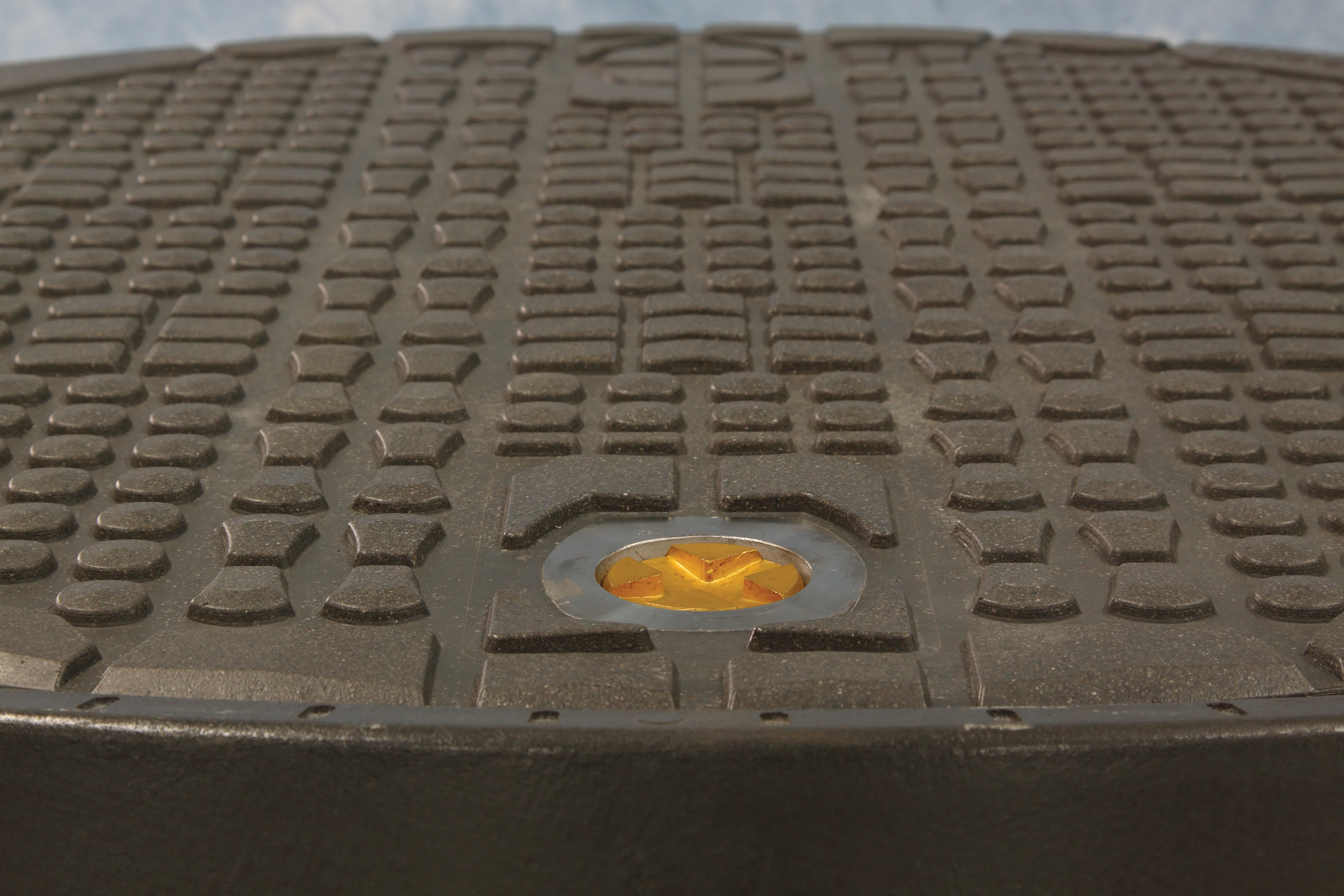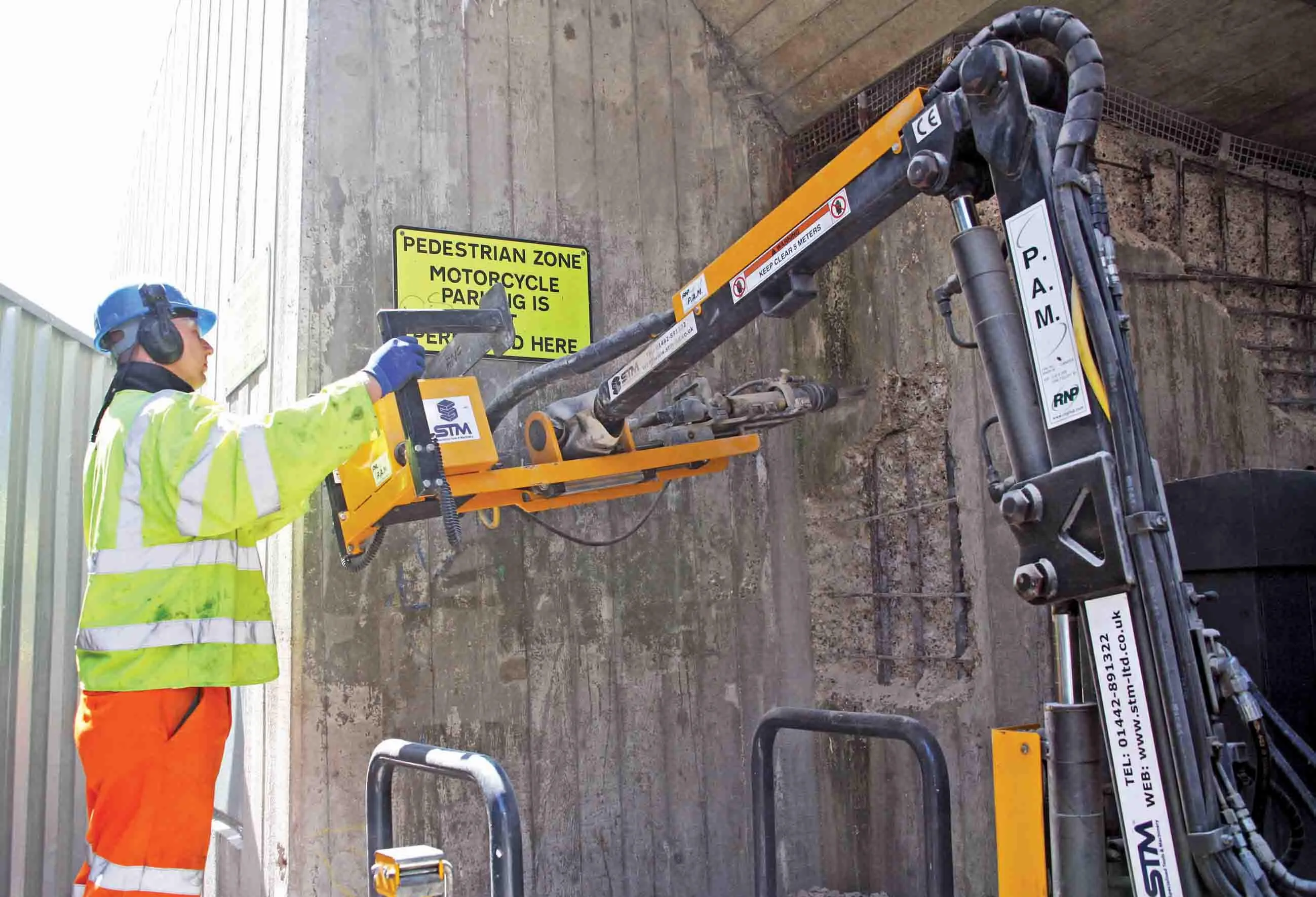Composite rather than metal manhole covers are better for the UK road network, according to a recent technical paper by distinguished chartered engineer John Newton. In his paper Mr Newton, inventor of the composite manhole cover, claims tests have proved a new generation of innovative composite covers, developed and manufactured by Barrow-in-Furness-based Structural Science Composites (SSC), outperform ductile iron manhole covers, while also offering better value for money.
March 14, 2012
Read time: 2 mins

Composite rather than metal manhole covers are better for the UK road network, according to a recent technical paper by distinguished chartered engineer John Newton.
In his paper Mr Newton, inventor of the composite manhole cover, claims tests have proved a new generation of innovative composite covers, developed and manufactured by Barrow-in-Furness-basedMr Newton argues that studies have shown that ductile iron covers - which represent the vast majority of the 10m manhole covers installed on UK roads - wear smooth over time and pose a serious safety risk to two-wheelers, especially when worn or wet.
“In the case of SSC manhole covers, we are referring to a technologically advanced manufacturing process which bonds together a structure of glass fibre with a matrix resin to produce a structure which is many times stronger than traditional metal materials,” said Mr Newton.
“In addition, they are extremely durable and light weight – up to three times lighter than steel and iron and four to five times lighter than concrete – thus enabling single person removal preventing the risk of injury to operators.” SSC says its composites can save in excess of £12.5m over a period of 15 years, representing a potentially huge cost saving to cash-strapped local authorities and utility companies.







